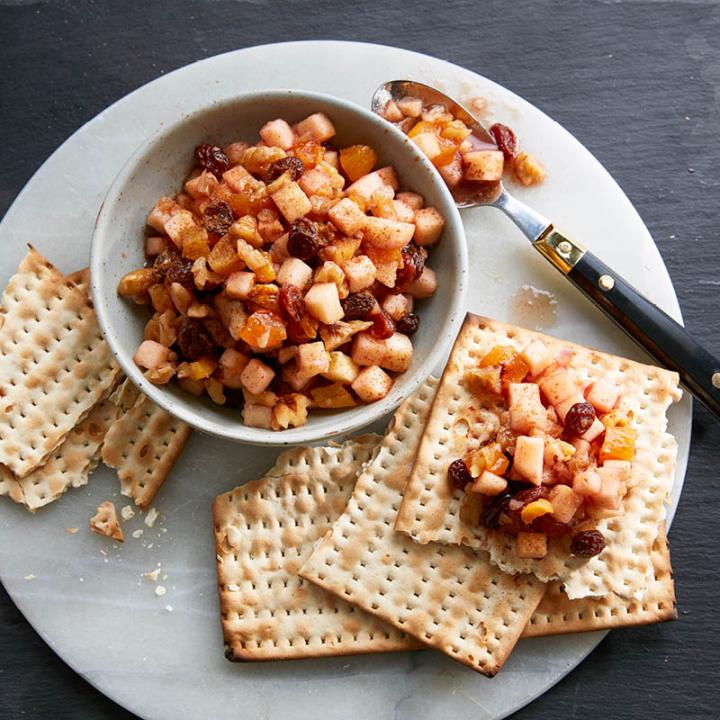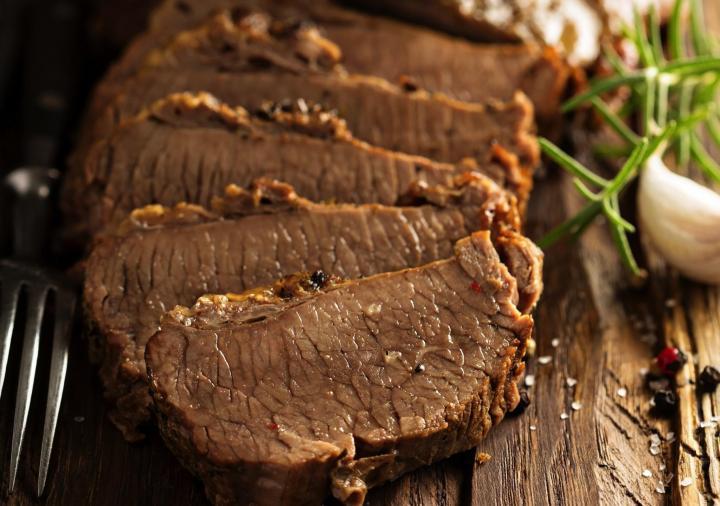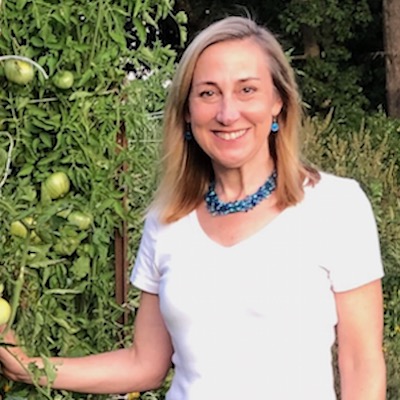Primary Image

Learn About the History of Passover and Its Traditions
More Like This
I thoroughly enjoyed this article describing the practices of Passover.
Catherine Boeckmann wrote a clear and heartfelt piece.
She never once tried to convert anyone to this religion or even read her writing for that matter.
Continue on Catherine!
Well, here we are again - it’s that time of the year when a portion of those who profess to love The Anointed One they call Jesus, show how little they know Him or the Hebrew Scriptures which all point to His coming. Read the whole Bible and stop criticising Yeshua’s Jewish brethren! The article was excellent and you all need to realise the reason Jews leave out the vowel “O” in the title G-D, is the same reason they call Him Hashem or Adonai. It is not a sign of disrespect, it is absolutely the opposite! They revere and know YHWH more than many of you who pronounce His Set-Apart-Name in so many ways, insisting you have got it right. Unless you can read and understand Hebrew, think with a Hebraic mindset and understand the pictures and patterns of the whole of the scriptures, you have no business criticising The seed of Abraham, Isaac and Jacob. They are not perfect, however they are covered by the eternal Covenant which YHWH made with them, for His Name’s Sake. As it is written…. Salvation belongs to Him alone. The Hebrew word for Salvation - Yeshua - appears throughout the entire Scriotures many, many times.
Judaism is an ethnicity. May or may not be Orthodox. So one would not try to convert others. It's not recommended, although Sammy Davis Jr. did convert. I like the recipes, and the honey in Israel is supposed to be some of the best. Pray for their people and living hostages. It will be hard to celebrate with so much grief and so many deployed. 🙏🇮🇱🇺🇲
Reading her article and seeing how she refused to use the name of GOD but instead chose to use a blasphmephous version of his name is enough to make me not want to read anything else she writes. She should be ashamed of herself!
This article is helpful in that it explains the origin of passover and offers a benefit to gentiles who earnestly want to understand. I thank MY God that He prefers mercy over judgement. Amen
As a Jew we don't use g o d we use GD it's not a blasphemy in the original Hebrew that wasn't any vowels so learn more about the Jewish people and Hebrew before you are derogatory against somebody following the Jewish Hebrew words thank you
god is not a name, it is a title. god's name is in english jehovah, or hebnrew yhwh, psalm 83:18. and the ancient hebrews used his, in their prayers, conversations and lives. the belief against using his name is nothing more than soperstition, like beleving in bigfoot or ufo's. and no i am not anti-jewish(i do not use semite because arabs are semites too), my best friend is jewish motorcycle riding buddy in florida.
May our Gracious Father continue to bless you and protect Israel! We pray for the peace of Israel! 🇮🇱 May we never forget His Covenant Provision for the Jewish Nation!
Our Passover Lamb, God’s only Son, Our Savior and Messiah is Jesus!! The Lord shine His Face upon us! His Lovingkindness is Ever lasting!! AMEN
Hi Annette-
It is this particular author's choice. To learn more, we encourage you to read this article from Chabad.org.
To The Editors….it is 12 months later - sadly the Annettes of this world will be ever learning but not understanding. Please give your writer Catherine Boeckmann my sincere regrets for the ignorance and arrogance of some commentators who misguidedly believe they are “Christian”. A true follower of Yeshua, The Annointed One whom they refer to as Jesus Christ, would be gracious and non-judgemental concerning the Name of the Elohim of Israel. They would be blessing the Jewish people, praying for them and all Israel in these tumultuous times. Am Yisrael Chai🇮🇱
- « Previous
- 1
- 2
- …
- 10
- Next »












Comments